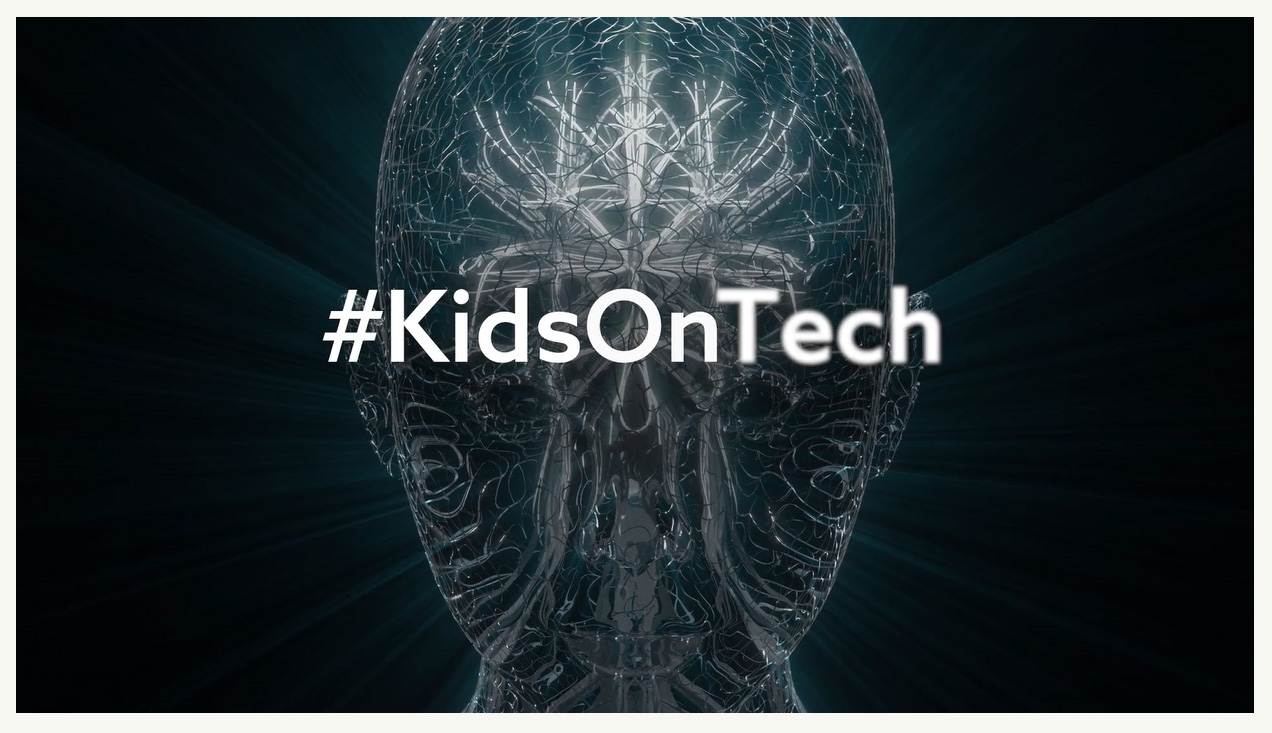
Kids, Tech, & Tension
An interview with Pierre Laurent on the new film #KidsonTech
by Kora Feder | WSP Writer
We all know how challenging it can be to limit our children (and honestly, ourselves) from overusing technology. #KidsOnTech, a new documentary film co-produced by WSP’s very own School Administrator Pierre Laurent, is a powerful exploration of the great experiment that is technology’s effect on our children’s brains. The film features international educators, neuroscientists, New York Times journalists, and parents, all diving into the science of how we can prepare children for today’s digital world.
Pierre’s interest in this topic wasn’t immediate. He didn’t grow up with computers, but taught himself coding at the local library and later became a Silicon Valley tech executive. Since he didn’t grow up with iPads in classrooms, he figured his children didn’t need that kind of tech either. “Initially I was like any other Waldorf parent, making a choice for my children,” he says.
But in 2011, a reporter contacted the school about doing a piece on the fact that while two thirds of parents at WSP work in tech, the school doesn’t use computers. Pierre realized there was something fascinating about that choice. That article, A Silicon Valley School That Doesn’t Compute, ended up on the front page of the New York Times, sparking mass curiosity and a press frenzy for years to come. “It was very very surprising for me, how far the article went and how many people read it, and the comments from parents,” Pierre recalls. “Many seemed to be torn. They didn’t want their children to be exposed too much, but at the same time they felt they had to do it. They were living in that tension.”
This onslaught of tension and concern from parents and journalists alike enticed Pierre to dig deeper, and a journalist suggested he make a documentary about the school. In collaboration with Emmy- and Sundance-nominated filmmaker Paul Zehrer, Pierre produced Preparing for Life, a short film that focuses on WSP’s story. But Pierre and Paul were interested in tackling the quandary of kids and tech on a grander scale, finding that the press was only telling a narrow version of a much deeper story. “If misusing or overusing screens can change human capacities, and then we do that in every child, then we are actually kind of changing humanity. Is that good or is that bad? It becomes dystopian,” Pierre muses of his and Paul’s early conversations. “We first compared it to climate change; you drive your car and you don’t really feel it, but then you put all the cars together and it has a real effect on the planet,” he says. “It became a very big topic that took us probably a year and a half of talking to start being able to grapple with.”
Ultimately, their musings led to years of gathering data, collecting interviews and insights from parents and experts from India, Germany, and beyond. “Initially we were really going to go all around the world, but a film like that always lacks funding, which is something I learned! […] We still did something pretty international that shows that the scope of these issues is not just about rich countries or poor countries or just Silicon Valley or anything like that; it’s worldwide and across many cultures.”
Indeed, the film is impressive in its scope, taking viewers not only to various cultures and countries, but both private and public schools in the Bay Area. “It’s not about telling everybody to join a Waldorf school,” Pierre points out. Although the film includes many Waldorf-inspired speakers and educators, it focuses more on the impact of screen time on a child’s relationship to the world, regardless of that child’s situation.
That tension that parents and journalists spoke of after the 2011 article is eerily present in the film, leaving viewers with a sense of urgency on the topic. Pierre hopes that urgency can inspire action instead of guilt. When it comes to teaching children to use technology deliberately, instead of without restraint, “parents and educators at large need to be re-empowered to make decisions and understand their role,” Pierre says. “We should not blame them, because it’s really hard. We just want them to know that they have that power.”
We hope you’ll watch and share the film, as we feel that its message couldn’t be more universal and necessary. Learn about watching or hosting a screening at kidsontech.film.
